Sleep disorders can significantly disrupt your quality of life, affecting not only your sleep but also your daily functioning, mood, and productivity. However, the good news is that effective solutions are available to help you achieve restful nights once again. In this guide, we will provide valuable insights, expert advice, and practical strategies to address and manage sleep disorders, allowing you to regain control over your sleep and improve your overall health and vitality. Let’s embark on this journey towards better sleep together.
Here we delve into the intricate world of sleep-related issues that affect millions of people worldwide. From insomnia and sleep apnea to restless leg syndrome and narcolepsy, we explore various common sleep disorders, their causes, symptoms, and potential impact on overall well-being.
Contents
- Types of Sleep Disorders: Exploring Insomnia, Sleep Apnea, Narcolepsy, Restless Leg Syndrome, and More
- Causes and Risk Factors: Uncovering the Triggers Behind Sleep Disorders
- Signs and Symptoms: Recognizing the Telltale Indicators of Sleep Disorders
- Diagnosis and Treatment Options: Seeking Professional Help and Effective Solutions
- Healthy Sleep Habits: Promoting Restful Nights through Lifestyle Changes and Sleep Hygiene Practices
Types of Sleep Disorders: Exploring Insomnia, Sleep Apnea, Narcolepsy, Restless Leg Syndrome, and More
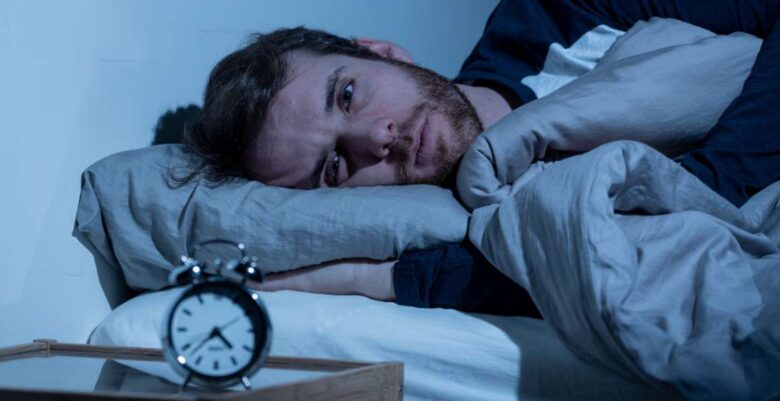
Source: cibdol.com
Delve into various types of sleep disorders that can disrupt your sleep patterns and affect your overall well-being. Understanding these disorders is crucial for identifying the underlying issues and seeking appropriate treatment. Here are some common sleep disorders:
1. Insomnia: Insomnia is characterized by difficulty falling asleep, staying asleep, or experiencing non-restorative sleep. It can be caused by stress, anxiety, medications, or other underlying health conditions.
2. Sleep Apnea: Sleep apnea involves repeated pauses in breathing during sleep. This condition can lead to snoring, daytime sleepiness, and increased risk of cardiovascular problems. Obstructive sleep apnea is the most common type, caused by the relaxation of throat muscles.
3. Narcolepsy: Narcolepsy is a neurological disorder characterized by excessive daytime sleepiness, sudden and uncontrollable sleep attacks, and loss of muscle control (cataplexy). It can greatly disrupt daily functioning.
4. Restless Leg Syndrome (RLS): RLS causes uncomfortable sensations in the legs, often accompanied by an irresistible urge to move them. Symptoms worsen during rest or sleep, leading to sleep disturbances.
Causes and Risk Factors: Uncovering the Triggers Behind Sleep Disorders
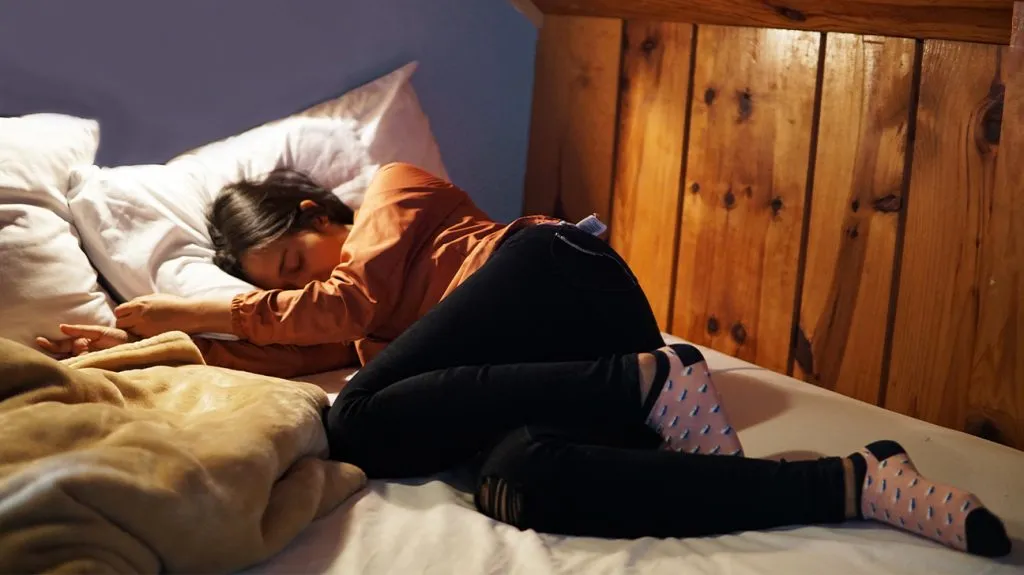
Source: psychcentral.com
Understanding the causes and risk factors associated with sleep disorders is essential for identifying potential triggers and taking preventive measures. While each sleep disorder may have unique underlying causes, there are some common factors that contribute to their development. Here are key causes and risk factors:
1. Stress and Anxiety: High levels of stress, anxiety, or emotional disturbances can significantly disrupt sleep patterns and contribute to the onset of sleep disorders.
2. Medical Conditions: Certain medical conditions such as chronic pain, respiratory disorders, hormonal imbalances, and neurological disorders can interfere with sleep and increase the risk of sleep disorders.
3. Lifestyle Habits: Unhealthy lifestyle choices, including irregular sleep schedules, excessive caffeine or alcohol consumption, lack of physical activity, and poor sleep hygiene practices, can disrupt sleep patterns and contribute to sleep disorders.
4. Environmental Factors: Noise, light pollution, uncomfortable bedding, and improper bedroom environment can negatively impact sleep quality and contribute to the development of sleep disorders.
Signs and Symptoms: Recognizing the Telltale Indicators of Sleep Disorders
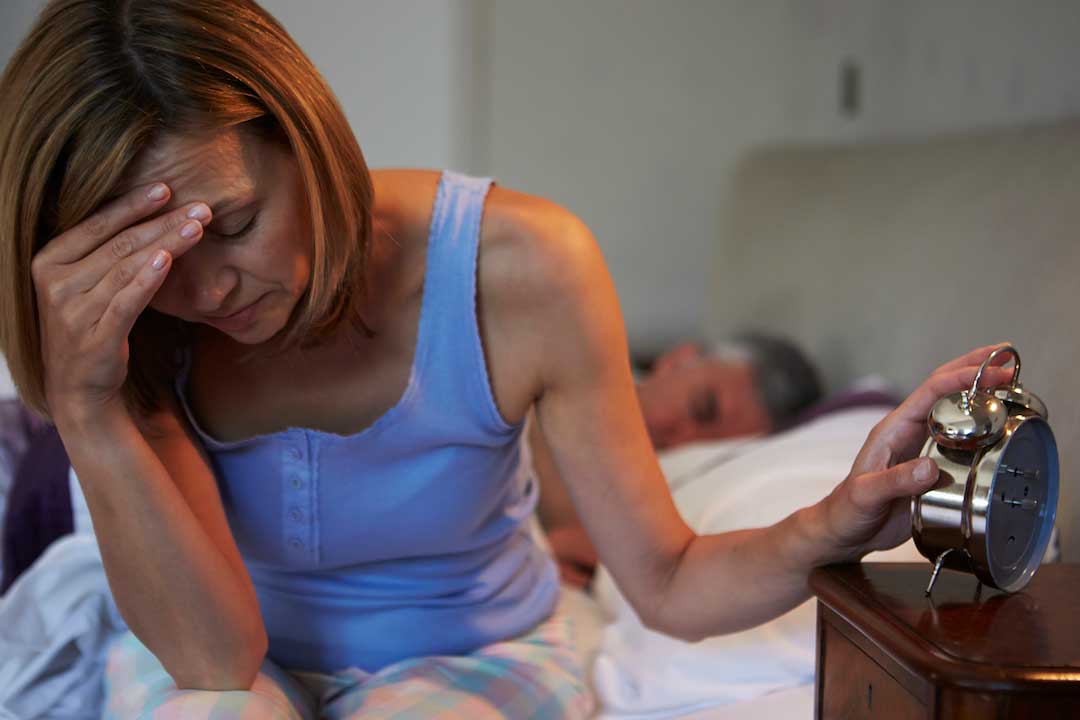
Recognizing the signs and symptoms of sleep disorders is crucial for early detection and seeking appropriate medical attention. While specific sleep disorders may exhibit unique characteristics, there are some common indicators to watch out for. Here are key signs and symptoms:
1. Persistent Difficulty Falling or Staying Asleep: Regularly struggling to initiate or maintain sleep, despite adequate opportunity, can be a sign of a sleep disorder such as insomnia.
2. Excessive Daytime Sleepiness: Feeling excessively tired or drowsy during the day, regardless of sufficient sleep duration, may indicate a sleep disorder like sleep apnea, narcolepsy, or insufficient sleep syndrome.
3. Snoring and Breathing Irregularities: Loud, disruptive snoring, accompanied by pauses in breathing, gasping, or choking sounds during sleep, may be indicative of sleep apnea.
4. Restless Leg Sensations: Uncomfortable sensations in the legs, often accompanied by an irresistible urge to move them, particularly during rest or sleep, can be a symptom of restless leg syndrome (RLS).
Diagnosis and Treatment Options: Seeking Professional Help and Effective Solutions
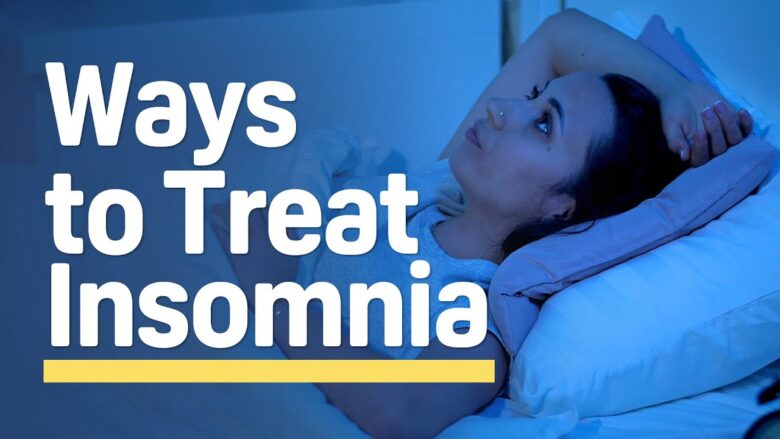
Diagnosis and treatment of sleep disorders require professional evaluation to accurately identify the underlying causes and develop appropriate solutions. Here are key aspects related to diagnosis and treatment options:
1. Consultation and Medical Evaluation: Start by consulting a healthcare professional, such as a sleep specialist or a physician with expertise in sleep medicine. They will conduct a comprehensive evaluation of your sleep patterns, medical history, and may recommend further diagnostic tests.
2. Sleep Studies: Polysomnography (PSG) and multiple sleep latency tests (MSLT) are common sleep studies used to assess sleep disorders. PSG monitors various physiological parameters during sleep, while MSLT measures daytime sleepiness.
3. Medications: Depending on the specific sleep disorder, medications may be prescribed to address underlying causes or manage symptoms. These can include sleep aids, stimulants, or medications targeting specific sleep disorder symptoms.
4. Behavioral and Lifestyle Modifications: Non-pharmacological approaches are often recommended as first-line treatments. These may include improving sleep hygiene, adopting relaxation techniques, establishing regular sleep schedules, and managing stress.
Healthy Sleep Habits: Promoting Restful Nights through Lifestyle Changes and Sleep Hygiene Practices
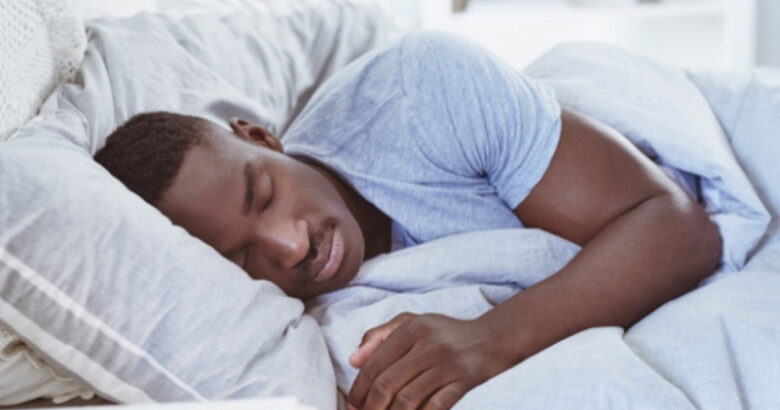
Source: artofliving.org
Developing healthy sleep habits and practicing good sleep hygiene can significantly improve sleep quality and promote restful nights. Here are key aspects to consider when aiming for optimal sleep habits:
1. Consistent Sleep Schedule: Maintain a regular sleep schedule by going to bed and waking up at the same time every day, even on weekends.
2. Create a Sleep-Friendly Environment: Ensure your sleep environment is conducive to relaxation and rest. Keep your bedroom cool, quiet, and dark, and invest in a comfortable mattress, pillows, and bedding.
3. Limit Stimulants and Electronics: Avoid consuming caffeine, nicotine, and alcohol close to bedtime. Additionally, minimize exposure to electronic devices with blue light emission before sleep, as it can disrupt sleep patterns.
4. Wind Down Routine: Establish a relaxing bedtime routine to signal to your body that it’s time to sleep. This may involve reading a book, taking a warm bath, practicing relaxation techniques, or listening to calming music.
